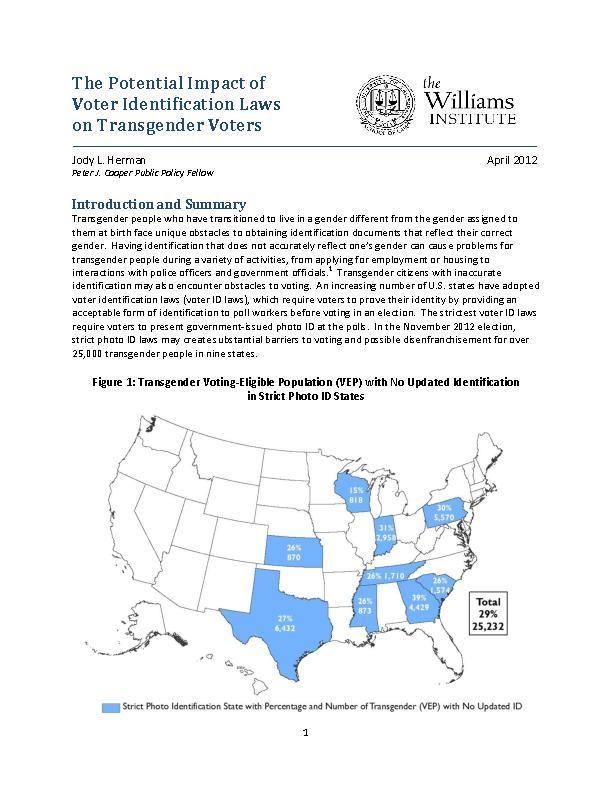Creative writing sophomore Ben Griffith hopes to have a hassle-free voting experience this election season. But as a member of the transgender community, he could face a unique set of obstacles due to Arizona’s voter identification law.
“I keep waiting for folks to be like, ‘We need to double check and be sure that you’re legit,’” said Griffith, who is a female-to-male-identified member of the transgender community. “Of course people give me an odd look when they see my legal identification.”
Earlier this month, the 9th Circuit Court of Appeals upheld a provision of Arizona’s 2004 voter identification law that requires voters to present identification at the polls. Voters need one form of documentation that shows a name, address and photograph or two forms of identification that show a name and address.
The court declared the other half of the law, which requires proof of citizenship for voter registration, unconstitutional.
While many of its challengers say the law discriminates against Latinos and newly naturalized citizens, few have voiced concern for members of the transgender community, who may not have ID to match their gender.
Arizona Attorney General Tom Horne, who defended the voter identification law in court, neglected to comment on the impact the provision could have on transgender citizens.
“A lot of times federal agencies and state agencies make rules to guard against certain things like immigration or terrorism, and then trans people end up being targeted as a side effect, basically,” said Stephan Przybylowicz, co-director of ASUA Pride Alliance and a graduate student studying information and library science. “They don’t think about how it affects the trans community. So it wasn’t necessarily their intent to disenfranchise trans people, but that’s the result.”
An estimated 124,000 transgender citizens who have completed their transitions have no identification documents that list their correct gender, according to a study released in April by the Williams Institute of the University of California – Los Angeles Law School. About 183,000 don’t have updated driver’s licenses, and 338,000 don’t have updated U.S. passports.
“A lot of us can’t just up and change,” Griffith said. “We have to go through a process.”
Transitioning from one gender to the other is a multi-step procedure that requires thousands of dollars in hormone treatments, medical procedures and therapy. Gender reassignment surgery can cost around $20,000.
On top of these costs, transgender men and women may choose to change their legal name and gender categorization. In Arizona, a legal name change costs around $200.
Voter ID laws like Arizona’s may not actually exempt transgender citizens from voting once they reach the polls, but having to show ID demonstrates a “symbolic threat of scrutiny,” said Frank Galarte, a professor of gender and women’s studies.
Some transgender voters fear they will be met with hostility, trans-phobia or confusion if their ID doesn’t match their outward appearance, Galarte said. This may dissuade them from voting all together.
“It shouldn’t be that transgender folks should be forced to correct their status and their identification to be able to vote,” he said. “The enforcement of this law is by virtue symbolically excluding or discouraging certain populations.”
Having proper identification affects transgender people in other areas of life as well, according to Galarte. They may have problems doing anything from obtaining jobs to going through airport security to qualifying for insurance.
“If we’re looking for ways to be able to change that then that’s implicated in a larger change in how we think about gender structurally and how it works in legal avenues,” Galarte said.
That “larger change,” according to Przybylowicz, is part of a societal shift in how we perceive gender and transgender people in our communities.
“Luckily, I think the trans community is starting to have a voice, so when stuff like this does happen we say, ‘Well, what about the effect on the trans community?’ and then we try to take measures to minimize that effect,” Przybylowicz added. “I think trans issues are kind of the next wave of stuff that’s happening. We’re still really into gay rights issues, but trans stuff is coming along right behind.”









